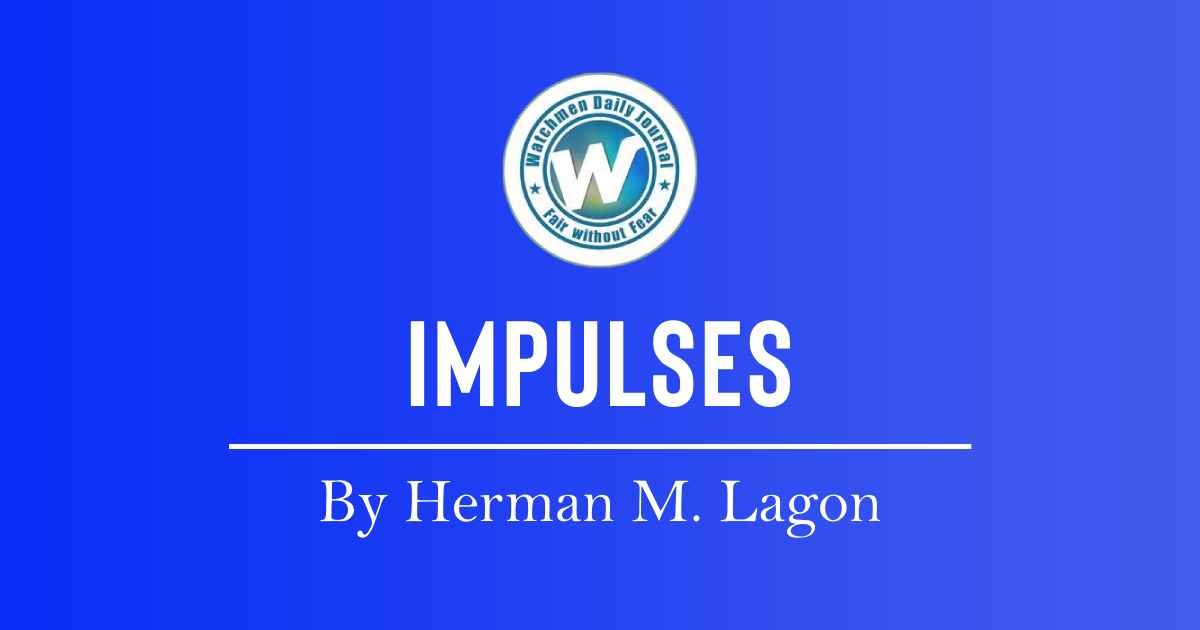 By Herman M. Lagon
By Herman M. Lagon
The Ayuda sa Kapos ang Kita Program (AKAP) has stirred up a storm of debates about its transparency, efficiency and intentions. What started as an initiative to aid struggling Filipinos has become a lightning rod for questions about governance and accountability. Beyond the numbers and headlines, AKAP reveals deeper truths about how we allocate resources and define priorities as a nation.
Imagine a farmer in Negros Occidental expecting P5,000 in aid but receiving only P2,000, or a mother in Iloilo signing forms for help that never arrives. These are not isolated incidents — they expose cracks in a P26-billion program meant to alleviate poverty but often fail to deliver. At a time when inflation soars and trust in institutions wanes, AKAP feels more like a fleeting promise than a reliable solution.
Critics have pointed out glaring flaws in the program’s design. Unlike the Pantawid Pamilyang Pilipino Program (4Ps), which ties aid to concrete conditions like school attendance and health check-ups, AKAP lacks clear criteria. Its reliance on barangay-level lists leaves it vulnerable to patronage politics and inaccuracies. It is not just about how much is allocated but about the broken systems that mismanage the aid.
Proponents argue that AKAP fills gaps left by other safety nets, addressing the immediate needs of those excluded from existing programs. But its overlap with programs like the DSWD’s Assistance to Individuals in Crisis Situations (AICS) creates confusion, redundancy and inefficiency, watering down the impact of more organized and long-term solutions. Instead of helping people break free from poverty, it risks trapping them in a cycle of relying on inconsistent, short-term aid.
The timing adds to the controversy. With the 2025 elections looming, AKAP’s distribution through barangay networks raises eyebrows about its potential use as a tool for political gain. Vote-buying disguised as financial aid erodes public trust, turning what should be a lifeline into a pawn in the game of “ayuda politics.”
This program also highlights broader issues of resource allocation. While AKAP gets a significant budget, essential sectors like education and healthcare face cuts. PhilHealth, despite its critical role, received no additional funding. Education programs aimed at addressing learning poverty were scaled back. These decisions send a troubling message: Political expediency precedes long-term investment in the nation’s future.
The problem runs deeper than budgetary missteps; it reflects a cultural tendency to favor quick fixes over systemic solutions. Filipinos cheer for cash aid but rarely scrutinize its long-term impact or demand accountability. Programs like AKAP, though well-intentioned, often perpetuate cycles of dependency rather than empowerment.
What if AKAP had been designed differently? Imagine funds for skills training, small business loans or community-driven initiatives that build resilience. Such an approach would honor the principle of genuine service — uplifting lives not just temporarily but sustainably. The transformation could be profound, empowering recipients instead of merely pacifying them.
Reform must start with transparency. Calls for a public audit are growing louder to expose discrepancies and rebuild faith in government programs. Lawmakers must also resist the urge to use initiatives like AKAP as political leverage, focusing instead on meaningful reforms addressing poverty’s root causes.
At its core, AKAP is more than just a budgetary issue — it reflects governance. It forces us to ask whether we are creating a society that genuinely enlightens and empowers its people or deepens dependency, mendicancy and division. The answers do not lie solely with politicians but in the collective push of every Pinoy to demand better systems and accountability.
Ultimately, the true measure of progress is not the budget size or the number of aid recipients. It is how effectively and systematically we uplift the most vulnerable and create pathways for independence. AKAP has highlighted the gaps in our governance; now, it is up to us to close them with thoughtful policies, meaningful actions and a commitment to values that go beyond politics.
***
Doc H fondly describes himself as a “student of and for life” who, like many others, aspires to a life-giving and why-driven world grounded in social justice and the pursuit of happiness. His views do not necessarily reflect those of the institutions he is employed or connected with./WDJ

